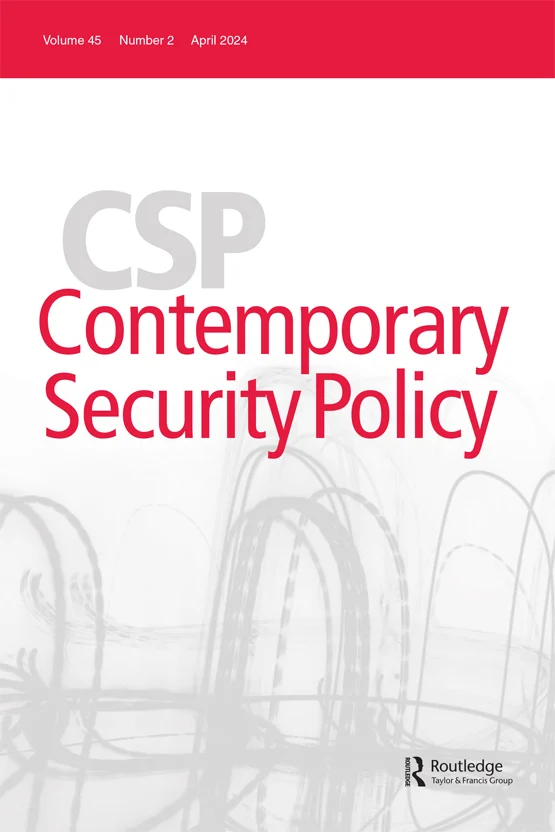Reconsidering the humanitarian space: Complex interdependence between humanitarian and peace negotiations in Syria
IF 5
1区 社会学
Q1 INTERNATIONAL RELATIONS
引用次数: 3
Abstract
ABSTRACT Humanitarian agencies working in violent conflicts often insist on separating humanitarian negotiations from political mediation efforts. However, many academics and practitioners also wonder if humanitarian negotiations can really be apolitical and disentangled from peace negotiations. Using the case study of Syria, this article analyzes the interactions between humanitarian negotiations and international peace negotiations. By considering various actors involved in Syria and the different arenas of negotiations (mainly the Astana talks and the United Nations negotiations led by the Special Envoy), it demonstrates that humanitarian and peace negotiations are governed by a complex interdependence. A dual process of politicization of humanitarian action and “humanitarization” of political negotiations is at work, in a Syrian context characterized by a fragmented and controversial humanitarian space. This article is based on unique data from participant observation during four international meetings bringing together humanitarian practitioners from different organizations and political actors.重新考虑人道主义空间:叙利亚人道主义与和平谈判之间复杂的相互依存关系
在暴力冲突中工作的人道主义机构经常坚持将人道主义谈判与政治调解努力分开。然而,许多学者和实践者也怀疑人道主义谈判是否真的能够与政治无关,与和平谈判分离开来。本文以叙利亚为例,分析了人道主义谈判与国际和平谈判的互动关系。通过考虑叙利亚问题中涉及的各种行为体和谈判的不同领域(主要是阿斯塔纳会谈和由特使领导的联合国谈判),该报告表明,人道主义与和平谈判受到复杂的相互依存关系的支配。人道主义行动政治化和政治谈判“人道主义化”的双重进程正在发挥作用,在叙利亚的背景下,其特点是一个支离破碎和有争议的人道主义空间。本文基于四次国际会议期间参与者观察的独特数据,这些会议汇集了来自不同组织和政治行动者的人道主义从业人员。
本文章由计算机程序翻译,如有差异,请以英文原文为准。
求助全文
约1分钟内获得全文
求助全文
来源期刊

Contemporary Security Policy
Multiple-
CiteScore
14.60
自引率
6.80%
发文量
22
期刊介绍:
One of the oldest peer-reviewed journals in international conflict and security, Contemporary Security Policy promotes theoretically-based research on policy problems of armed conflict, intervention and conflict resolution. Since it first appeared in 1980, CSP has established its unique place as a meeting ground for research at the nexus of theory and policy.
Spanning the gap between academic and policy approaches, CSP offers policy analysts a place to pursue fundamental issues, and academic writers a venue for addressing policy. Major fields of concern include:
War and armed conflict
Peacekeeping
Conflict resolution
Arms control and disarmament
Defense policy
Strategic culture
International institutions.
CSP is committed to a broad range of intellectual perspectives. Articles promote new analytical approaches, iconoclastic interpretations and previously overlooked perspectives. Its pages encourage novel contributions and outlooks, not particular methodologies or policy goals. Its geographical scope is worldwide and includes security challenges in Europe, Africa, the Middle-East and Asia. Authors are encouraged to examine established priorities in innovative ways and to apply traditional methods to new problems.
 求助内容:
求助内容: 应助结果提醒方式:
应助结果提醒方式:


